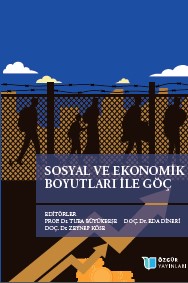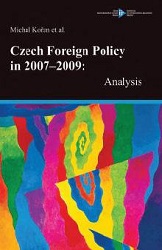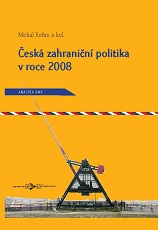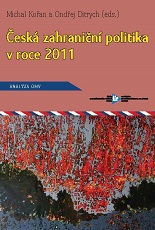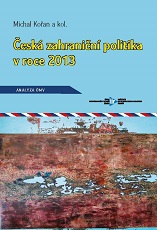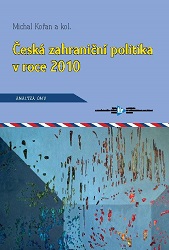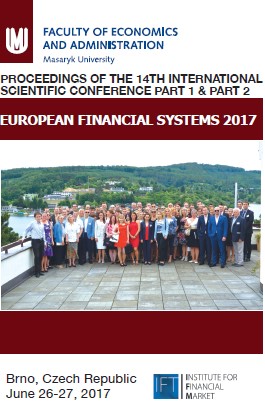
The Application of Sovereign Bond Spreads and the Development of the Stock Market on GDP Prediction: The Case of Visegrad Group
The yield curve – specifically the spread between the long term and the short term interest rates is a valuable forecasting tool. It is simple to use and significantly outperforms other financial and macroeconomic indicators in predicting recessions one to six quarters ahead. A rise in the short rate tends to flatten the yield curve as well as to slow down real growth the near term. The relationship between the spread and future GDP activity was proved already before. For better predictions it is good to use other overtaking indicators of economic activity as the development of the stock market. This paper aims to analyze the dependence between the slope of the yield curve, development of the stock market and an economic activity of selected countries between the years 2000 and 2016. The selected countries are the Czech Republic, Hungary, Poland and Slovakia. The natural and probably the most popular measure of economic growth is GDP growth, taken quarterly. We have found out that the bond spreads and stock market development might be used for predicting of the future economic activity, the best lags of bond spreads are 2, 4 or 5 quarters. These findings might be beneficial for investors and provide further evidence of the potential usefulness of the yield curve spreads as indicators of the future economic activity.
More...

